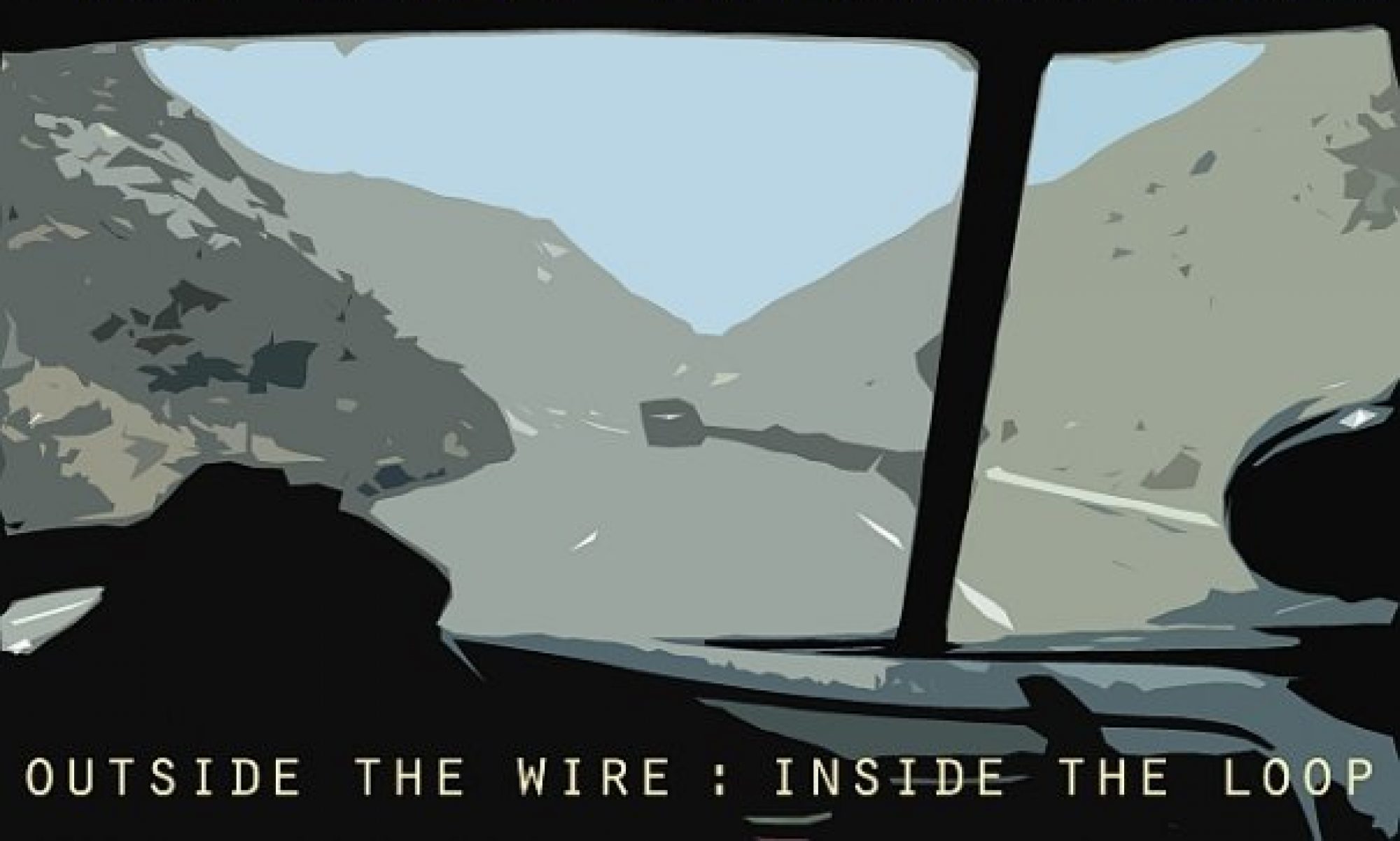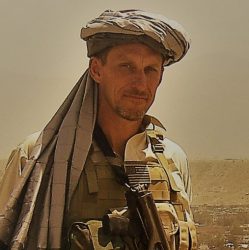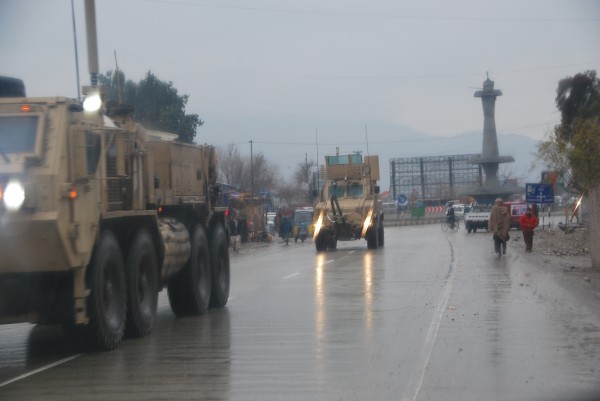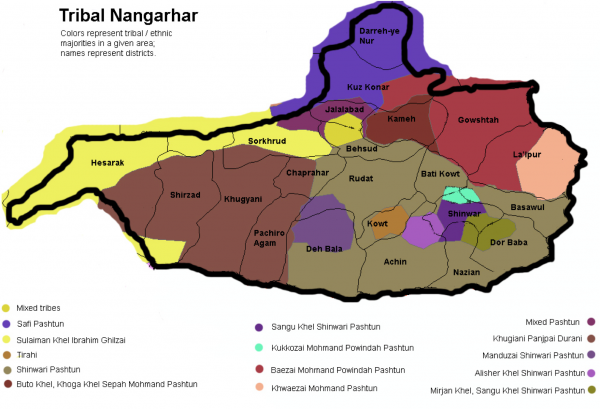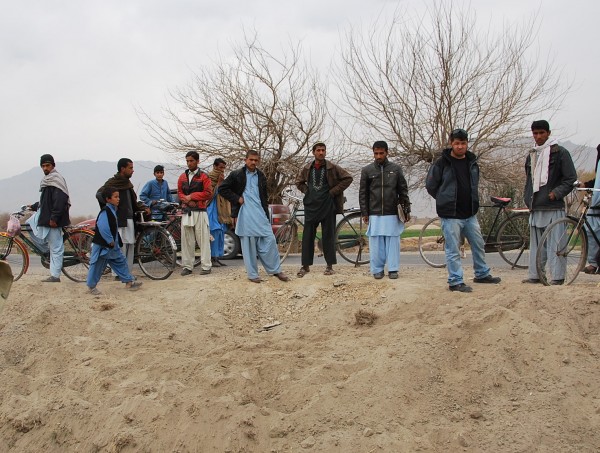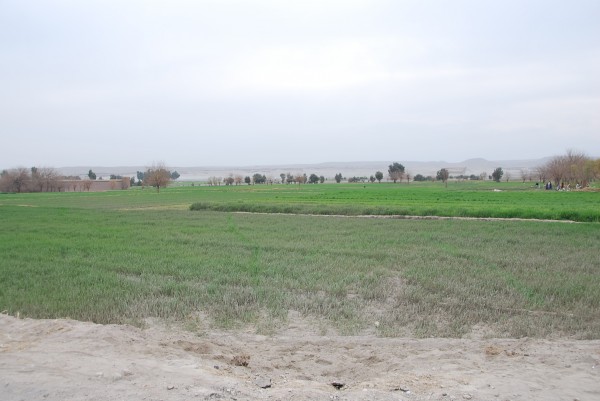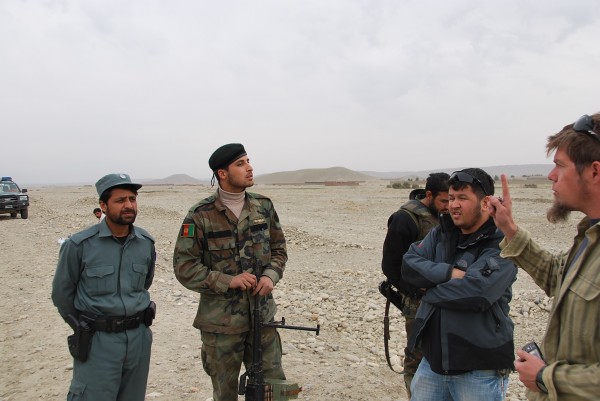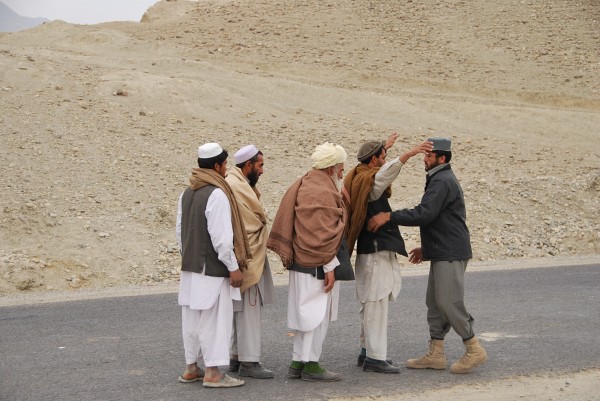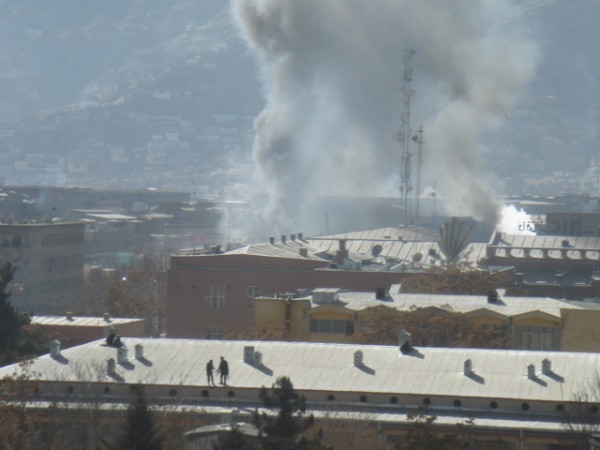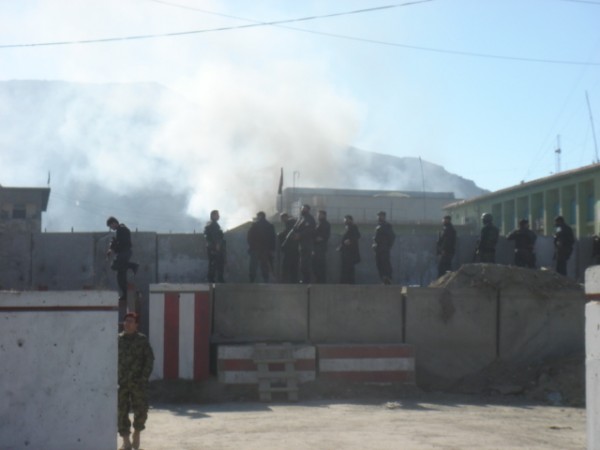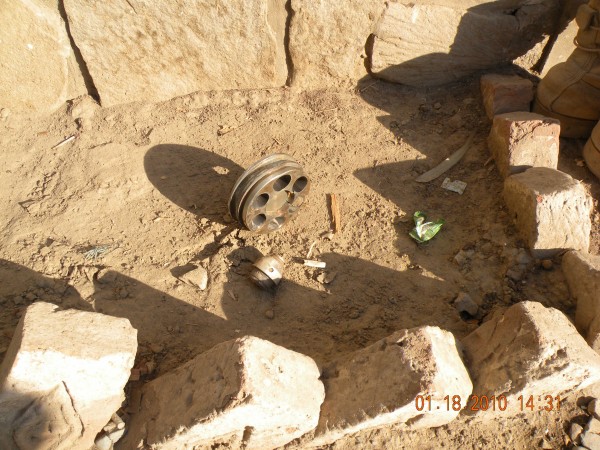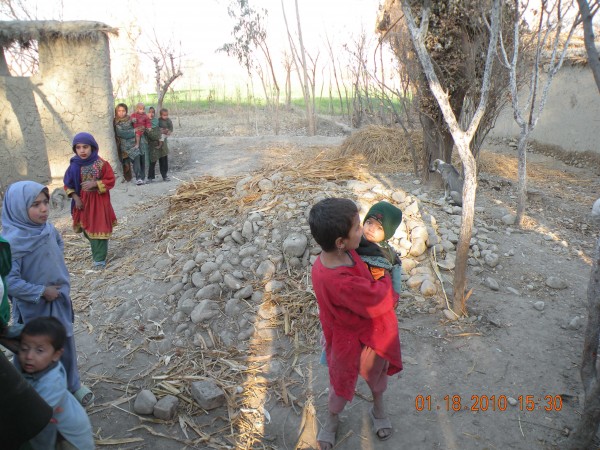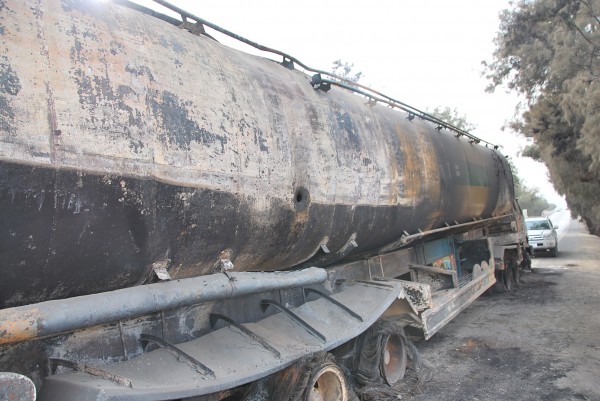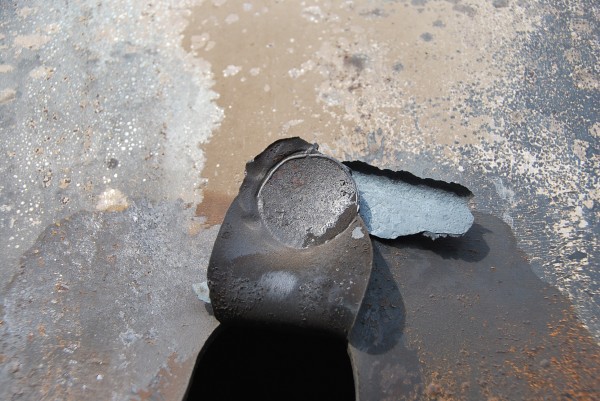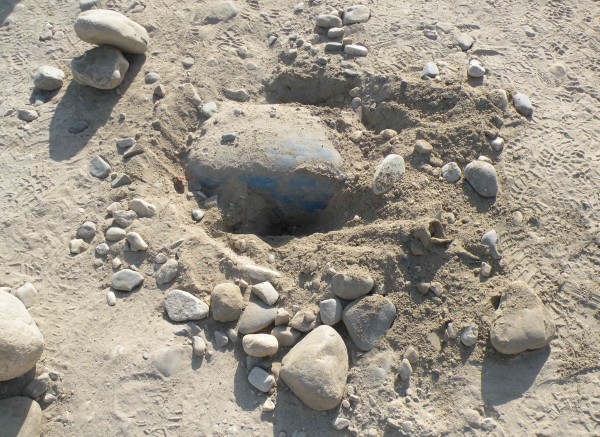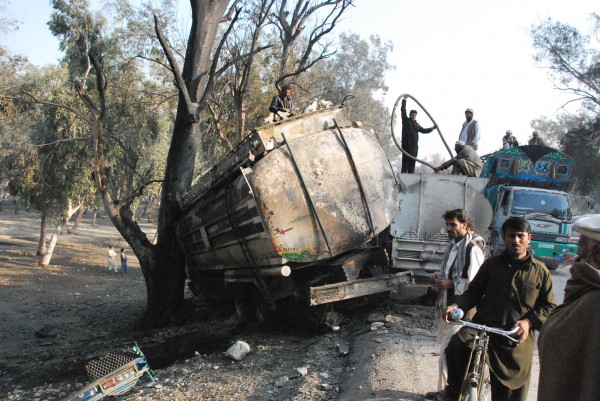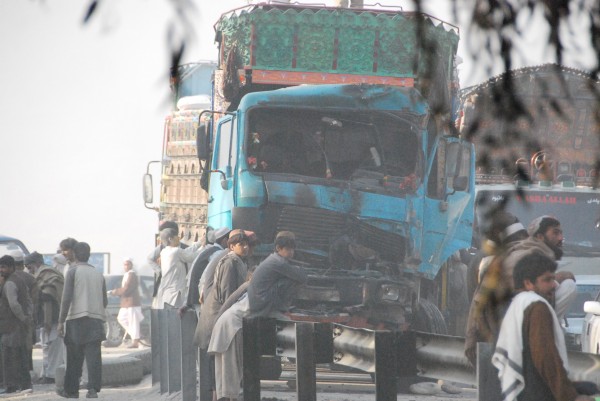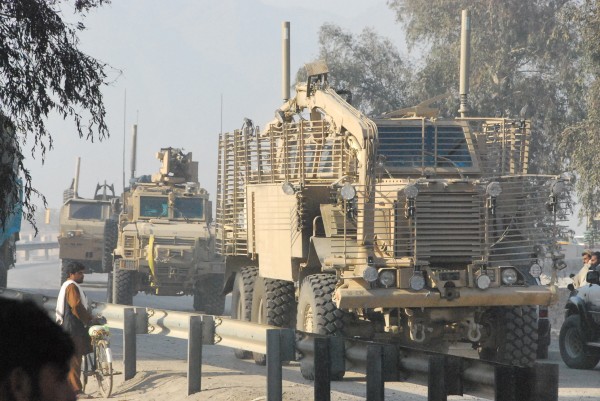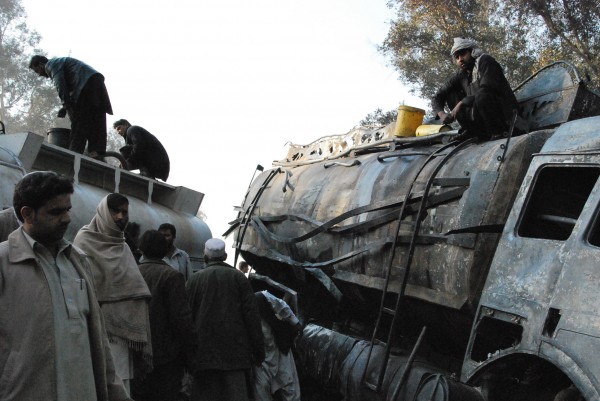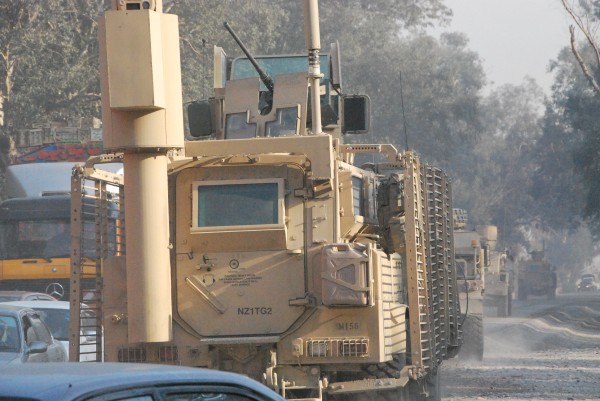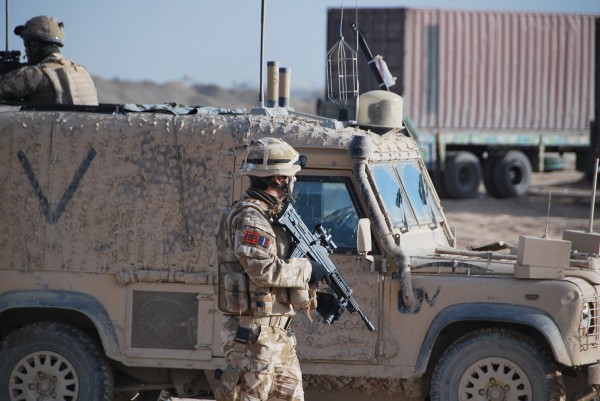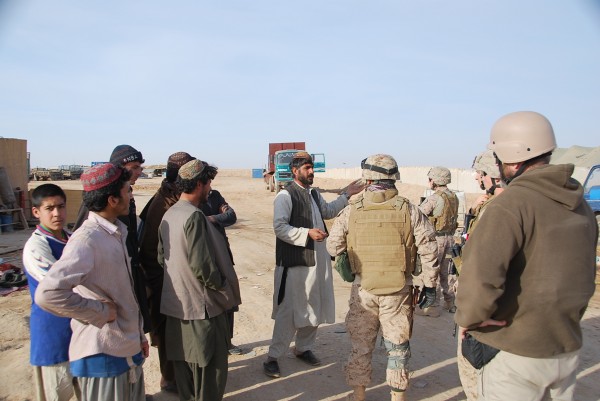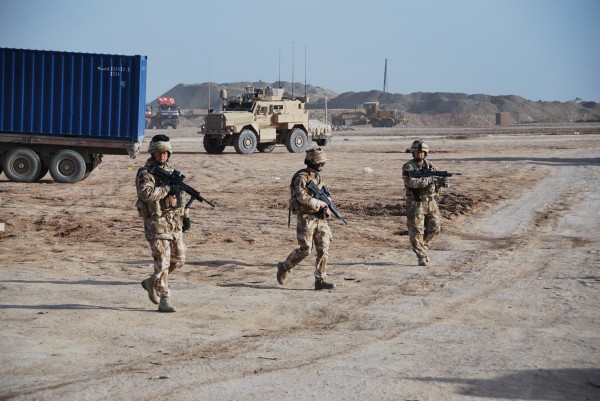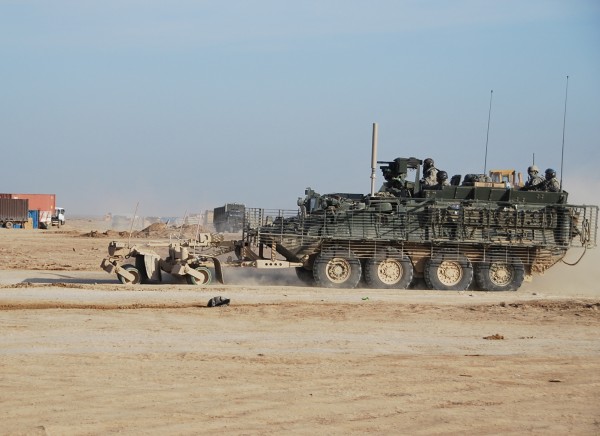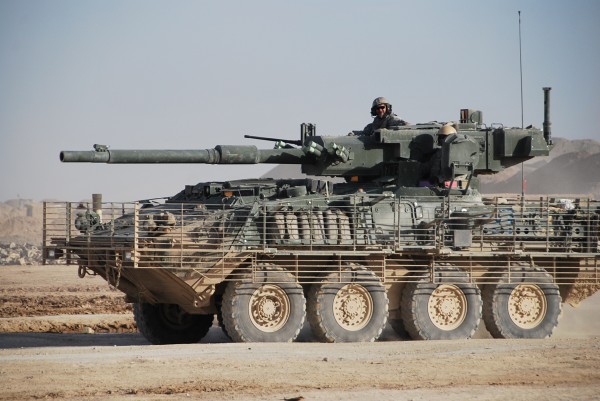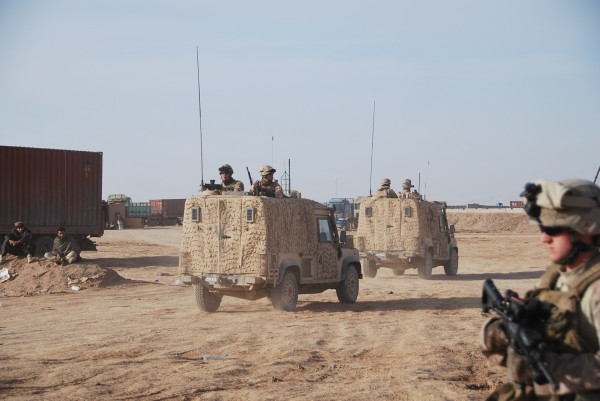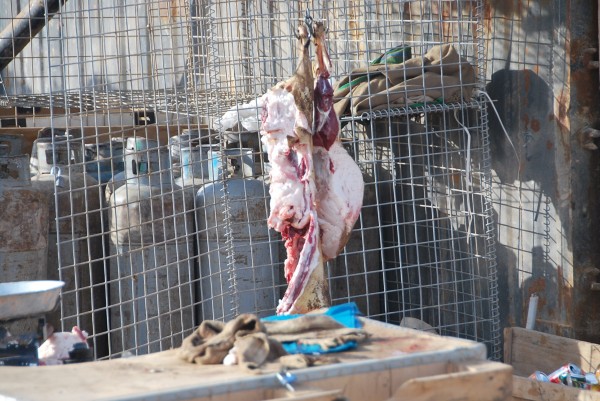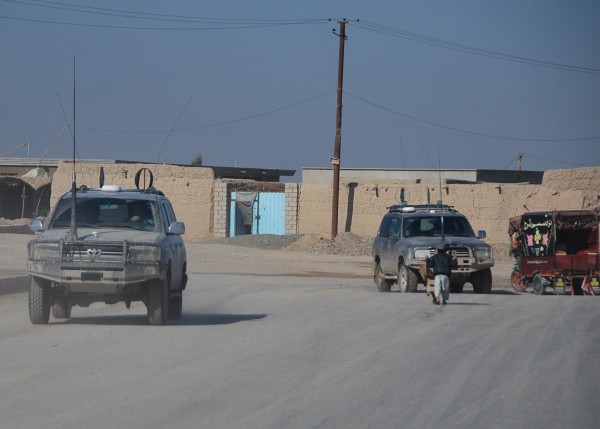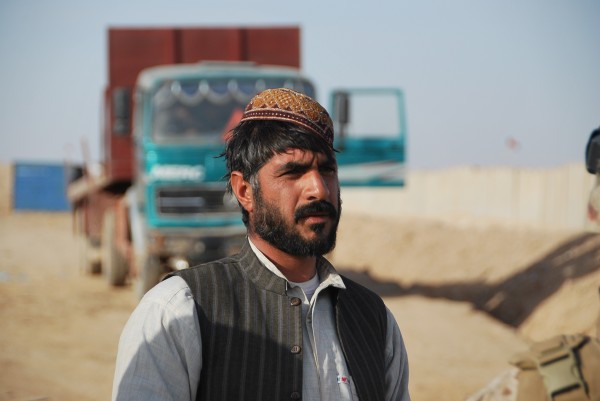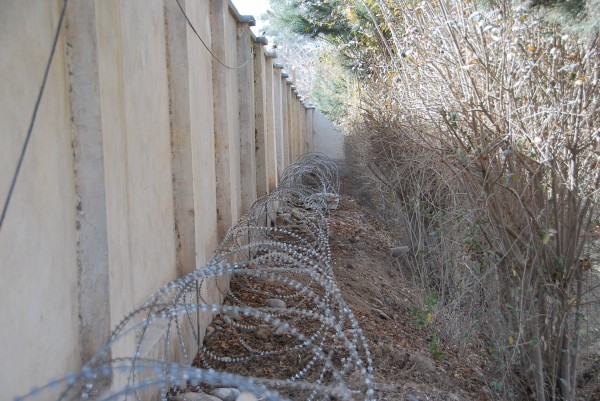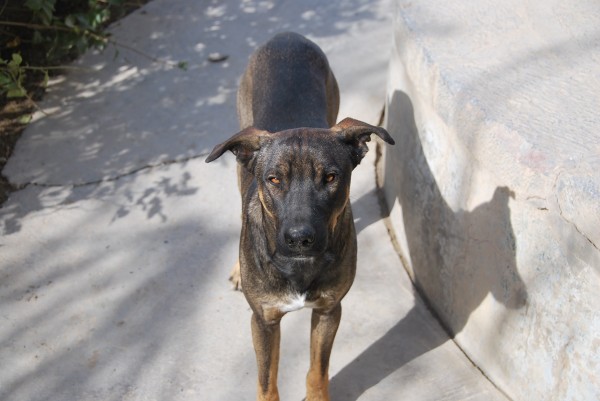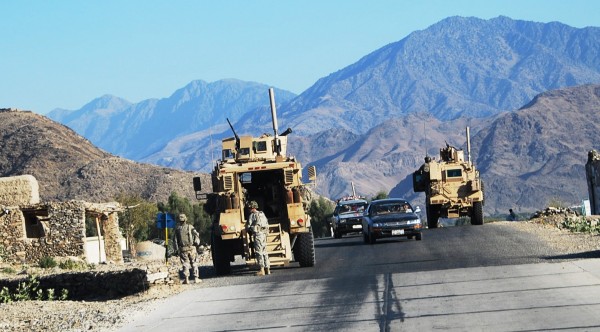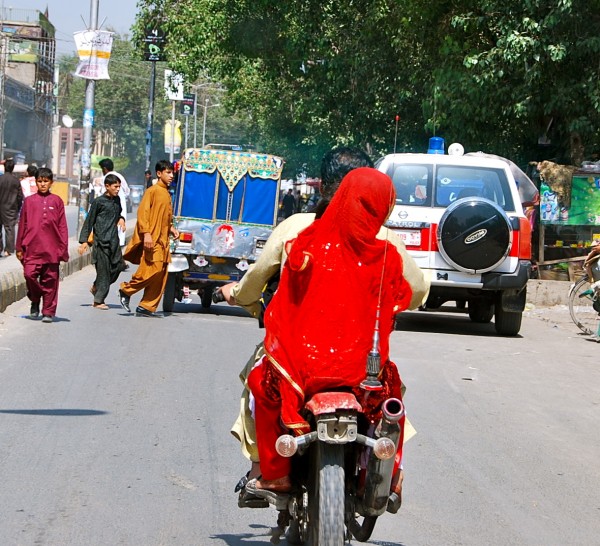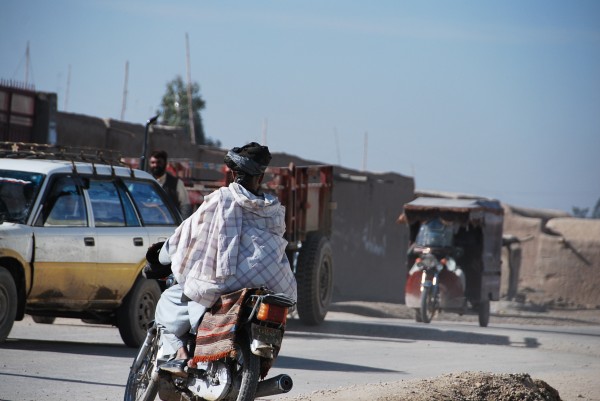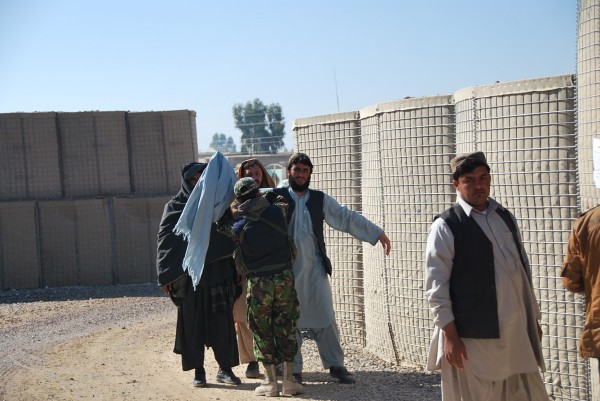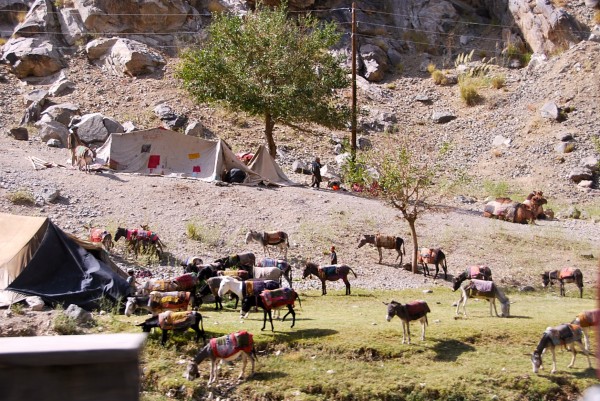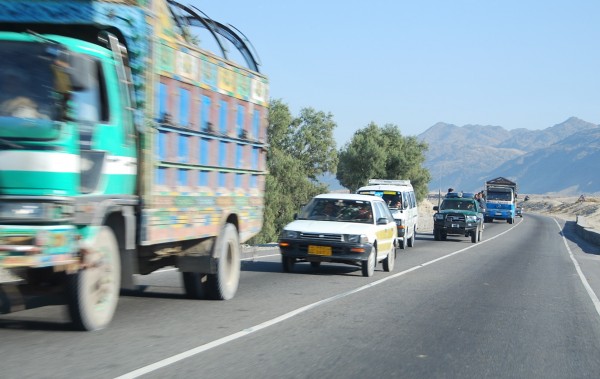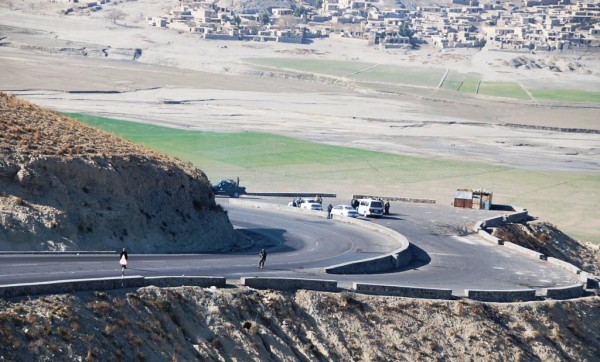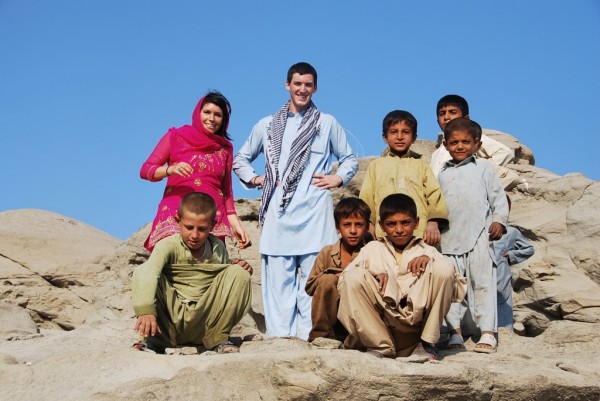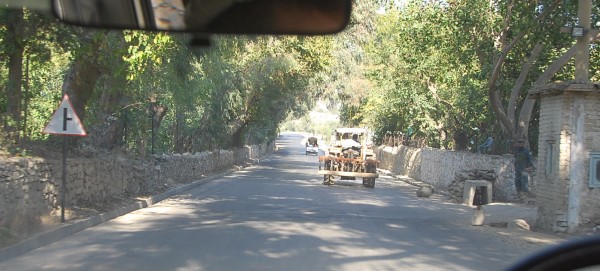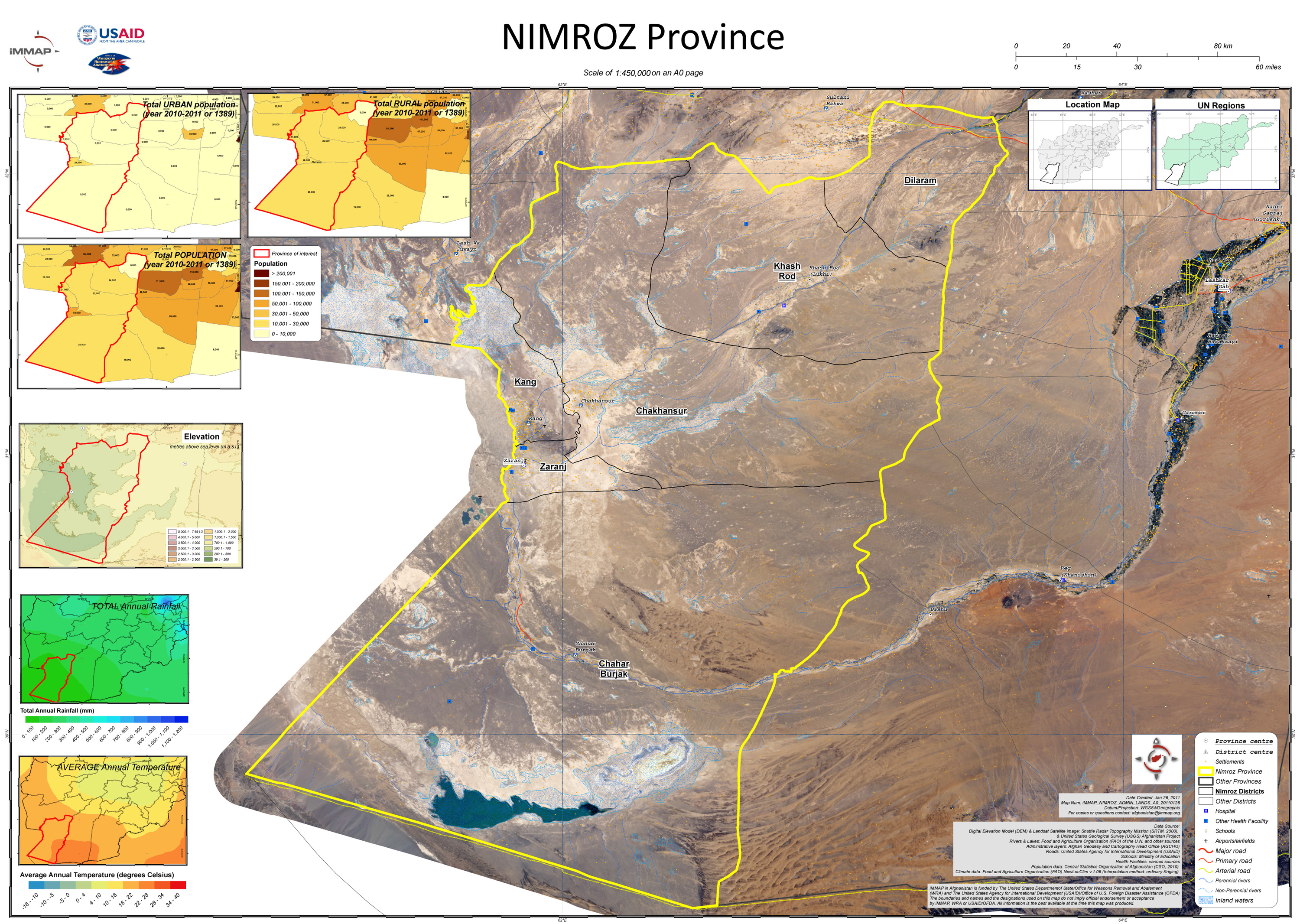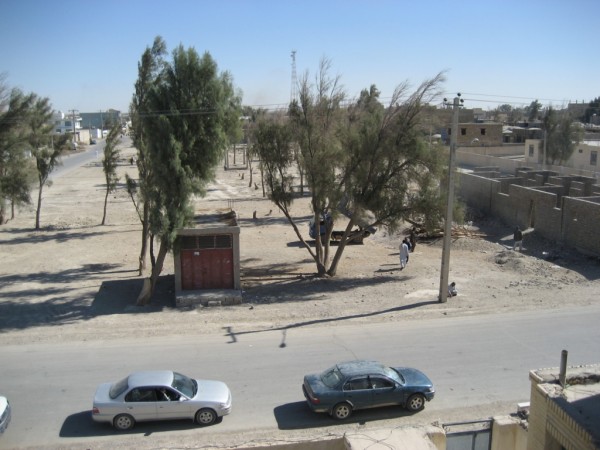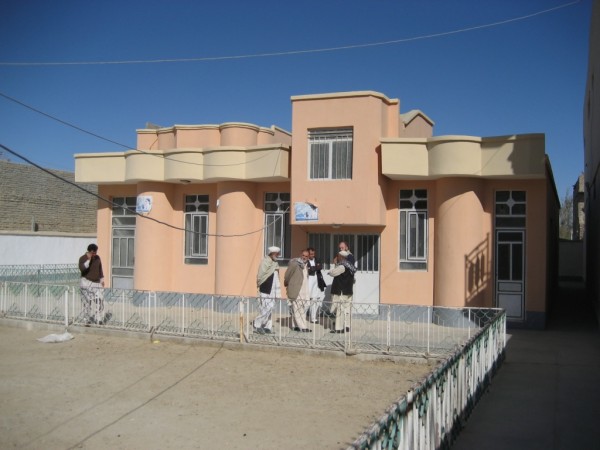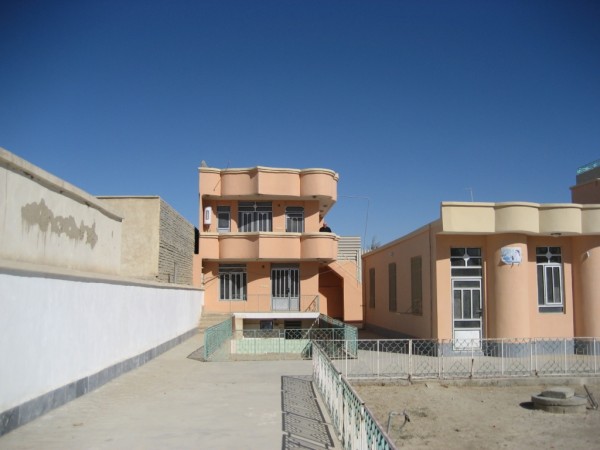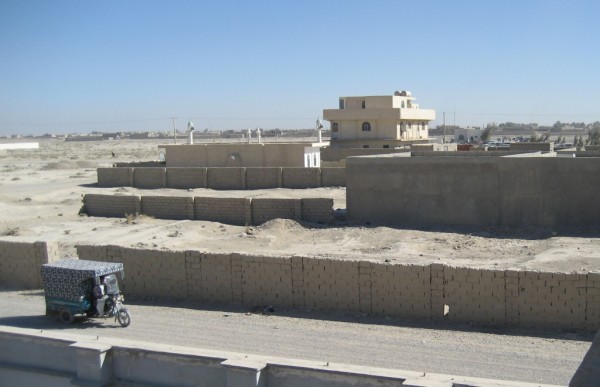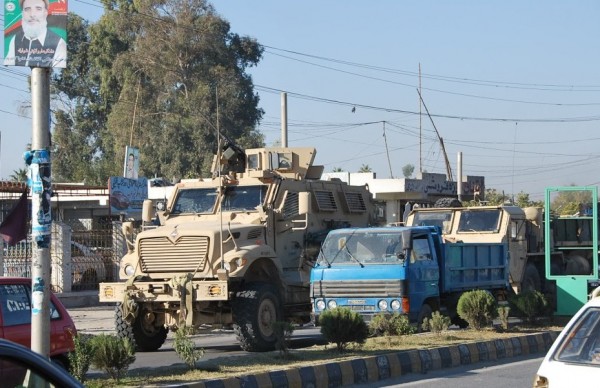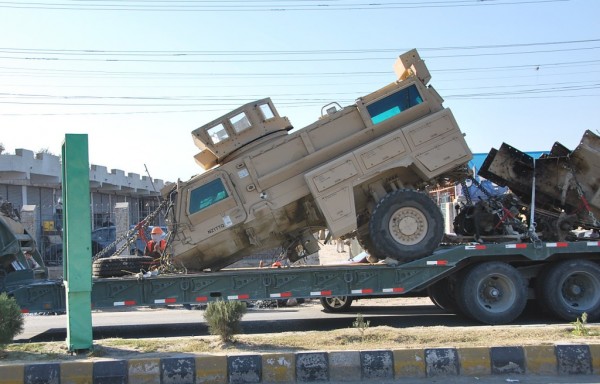My morning email contained a heads up from Mullah John who is home on R&R. 60 Minutes had broadcast a show on the American Special Forces last night and the segment was “disheartening” to quote the good Mullah. After watching it I was left speechless – it was worse then “disheartening,” it was awful. It is hard to know what to say when you see stuff like this but not knowing what to say has never stopped me before so here it goes….
The segment was called “The Quiet Professionals” which of course is a great name for an organization that invites 60 Minutes for a two month embed. Hit the link above to see the piece, because I doubt anyone reading this blog caught it when it aired last night on CBS. It appears to be a 13 minutes of Lara flirting with SF dudes or as a commenter on the CBS website noted about Lara’s narration “It’s like listening to a child explain black holes.”

Of course the segment has all the annoying crap one associates with Special Forces – only use first names, wearing sunglasses to “protect their identity” and digitized faces for all the Americans not wearing sunglasses. Does anyone believe that the Taliban is going come to America and hunt these guys down some day? Of course not but the Taliban routinely hunt down ANA Commandos in their home villages but none of them have their faces digitized or identities hidden. Why?
The 60 Minutes crew caught three shootings on film which are all in the segment. The first victim was one of the SF team leaders who was shot during a raid by one of the Afghan soldiers they are training. The second shooting was an Afghan Commando who shot himself in the foot during another raid. The final shooting was committed by a member of the SF team who shot two children who were sitting in the back of a vehicle that was approaching a village where the rest of the team was “catching an important Taliban commander.” He was shooting at an approaching vehicle with a suppressed weapon to warn it to stop… great thinking, but we’ll get to that and a recent shooting of an imam in Kabul last week later.
Everything the “Quiet Professionals” did in this story was (to me) suspect, from shooting at targets down range while Afghans are standing right next to the targets, to screaming obscenities at them, calling them “fucktards” and inflicting group punishment because they couldn’t master the “load, unload” drill, which I know from experience your average 11 year old can master in little under an hour of professional instruction.
Want to know something our ‘elite’ SF guys don’t seem to know? Afghans don’t cuss. To call an Afghan a motherfucker (a word used frequently in every conversation in the American military) is a grave insult that would, in the local context, need to be atoned by blood. I cannot stress this point enough and if, during my frequent forays into the tribal bad lands, I used that word even in jest I would have been killed long ago. One of the secrets that I and my fellow outside the wire expats use in the contested areas is respect for local culture coupled with big confident smiles; that’s why we are able to do what every USG expert contends cannot be done.
I could go through this piece point by point, harping on quotes like wearing beards is “a mark of respect among the locals” which nonsense but why bother? The piece speaks for itself so let’s get back to this shooting business.
Let me set this up; one of the SF team along with an ANA soldier is pulling security on the road leading into a village where the rest of the team is looking for a ‘high value target’ (HVT in mil speak). When an old truck rumbles down the road towards him the SF guy fires ‘warning shots’ from his rifle which has a suppressor on it. When he runs up to the truck he discovers there were two young boys in the back and he had shot them both.
What should the guy have done when a truck load of males is approaching at “high speed” on the rutted bumpy dirt road leading into the village? He should have done what we do – walk out to the road with a big friendly smile, hold up your hand, have them stop and then tell them to sit tight until the Americans are done. It is that simple – the biggest weapon us Americans have in Afghanistan is a warm smile and the ability to at least say “Tsenga Ye?” (“How are you?” in Pashto). I have been in this exact situation about 100 times over the years and so viewed this incident with no small amount of disgust.
What if the truck is full of Taliban? That’s what binoculars are for. A truck full of bad guys is a target easily defeated by two riflemen who are weapons free and waiting for them within hand grenade range. They are in a truck and can’t use their weapons effectively until they are out of the truck. In other words they would be sitting ducks. That is not true if they stop at some distance away and deploy from the truck which is the Taliban MO. But the truck in this instance didn’t do that – it just drove down the dirt road as fast as the dirt road allowed until the kids in the back started screaming and a crazy American popped out of a treeline and started running towards them. The driver is not going to hear shots fired from a suppressed weapon so until he sees something to make him stop the firing suppressed warning shots tactic is pointless.
There is one more aspect to this story which I find deeply disturbing as a military professional. The SF guy whacks a 14 year old kid dead center in the chest with his main battle rifle from less than 50 yards away and when he runs up to the vehicle the kid pops up and starts giving him shit about it? What the hell kind of main battle rifle are we using these days? Don’t get me wrong; I was pleased to see the child survived, as was the guy who shot him, and everyone else involved. But when you shoot someone in the chest with a military grade rifle then that someone is supposed to go down and stay down. Whatever cartridge, barrel length, and suppressor combination that team is using is obviously less than adequate. They should be carrying 7.62×51 mm rifles. If they can all press twice their body weight then they can handle a few extra pounds of proper battle rifle and ammo. They also can probably handle the strain of carrying binoculars too – killing children is bad on morale especially when you could avoid shooting them using standard infantry techniques like making friend or foe determinations with binoculars.
Better yet they may want to consider slowing down enough to issue a proper raid order with brief backs and inspections. You have to be a 10th degree ninja master to pull a two man covering element job by standing in the middle of the road day dreaming about Lara Logan which is how this unfortunate incident started.

Which brings us to the latest bad news from Kabul; the shooting of an important imam who was in his car with a bunch of his children when a convoy driving down Jalalabad road shot him dead. He reportedly failed to slow down when approaching the convoy which is the standard story you hear from ISAF every time they shoot up a car load of civilians. I think the body count is well over 600 at this point and not one of these unfortunates did anything unusual by Afghan driving standards. You can read about that here.
Here is the thing – I can’t think of any incidence in which a suicide bomber blew himself up in Afghanistan with passengers in the vehicle. I also can’t think of a single incident in Afghanistan in which a military gunner successfully stopped a suicide bomber from driving into his convoy. This escalation of force was senseless. I can recall examples when gunners have been killed leaning out of their cupolas exposed while trying to engage suicide VBIED drivers while the rest of their crew survived the explosion. They would not have been killed had they ducked down inside their armored vehicle.
I am as fond of brave fighting men as the next guy and admire the courage those kids showed trying to protect their fellow soldiers. But the escalation of force tactics currently being used are stupid and should be changed immediately. What happened in Kabul is murder – you can not justify shooting a driver who has a car load of children under any circumstance. We have too much history here and should know what a VBIED looks like – this shooting is just as stupid as the shootings involving Italians in Herat last summer, or the Blackwater guys in Kabul last spring.
When you live behind walls everything on the other side of those walls is a threat. When you isolate your forces from the population you are supposed to “protect,” then your forces have no ability to distinguish friend from foe; threat from normal routine or the good from the bad. Gen McChrystal can gob on all he wants about the importance of “COIN” and, “getting to know the people” blah blah blah…. it doesn’t matter because he sets the operational rules here and under his rules no conventional American troops can leave a FOB unless they have at least four MRAPS and 16 riflemen. How are you supposed to, “protect the people” if you can only roll around in large road-bound convoys? How can you, “protect the people” if every night all your people have to be back on the big box FOB’s eating ice cream and pecan pie?
These SF guys are supposed to be the ones who know how to operate outside the big bases with the local population but did you notice where they are living? On a big box FOB; isolated and removed from their Afghan charges – which was obvious because none of them spoke a word of Dari or Pashto. My children can get through formal greetings in both Pashto and Dari and they were here for just a few months – it’s just not that hard to learn these things when you live in the local environment. Those SF teams should be out here free ranging with guys like The Bot, Mullah John, Panjiwai Tim and myself. They are good troops being poorly served by commanders who keep them isolated and removed from the people they are supposed to be protecting. They will never be able to gain the situational awareness required to do real COIN if they remain confined to the Big Box FOBs. That is the real story, and as usual CBS missed it.
